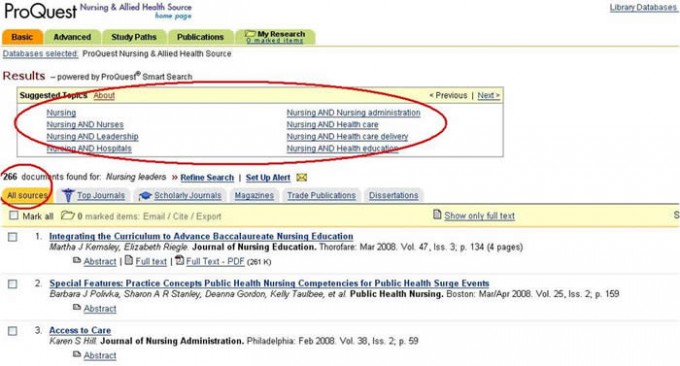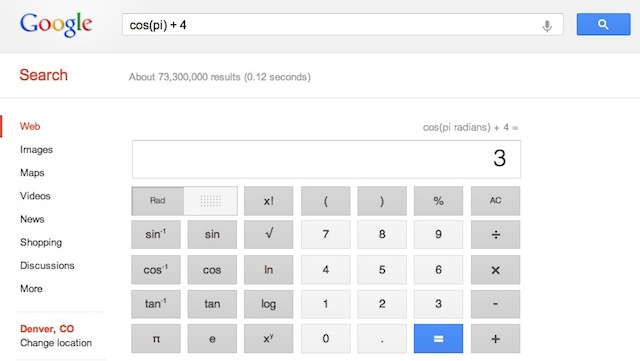
Anyone who has even done any kind of research for a term paper, an essay, or even a dissertation, knows how much of a challenge it can be. Spending days, or even weeks in a library, collecting useful information, writing down sources, and then actually writing the paper. Things changed very little with the emergence of the Internet and online search. You still get tons of junk for every useful bit of information, and you can still get stuck doing research for days or weeks.
But, unlike your local library, modern technology has plenty of tools which can help you sift through piles of information much quicker, provided that you are tech-savvy, and know a few tips and tricks. We’ve written this article with that in mind. Keep on reading to find out the most effective ways of conducting scientific research online, along with some of the tools professional researchers use when writing their own papers.
1. Use Wikipedia

How much should we trust Wikipedia?
Although many will shudder at the thought of using Wikipedia as a resources for scientific research, it is actually a great tool for narrowing down your research, finding topic-related keywords, tracking down the information you’ve found there, and finally, following up on the links which are at the bottom of the page, which will lead you toward more reliable and reputable sources.
Thomas Oliphant, who works as a researcher for EduGeeksClub, an online writing service, recommends this approach:
“While Wikipedia shouldn’t be cited or used as your ultimate source of information, it is great during those initial stages of research, and for getting a thorough overview of the topic which is the focus of your research.”
2. Academic Journals

12 Fabulous Academic Search Engines
Academic journals are an excellent source of information for your scientific research, especially if you are looking for new data or something that is brand new and cutting-edge in the field. The best of thing of all is that most universities are already subscribed to databases which are regularly updated with all of the latest academic journals. Just ask you teacher or school administrator about it and they will guide you through the process of setting up an account for yourself.
If by any chance your school doesn’t have access to any of these databases, you can still rely on tools such as Google Scholar or Microsoft Academic to find work done by scholars, such as articles, books, and patents, and even check out how many times they have been cited, in order to gauge their influence and impact.
In the words of Carlos Bustamante, who is molecular biologist at UC Berkeley:
“Being a scientist means living on the borderline between your competence and your incompetence. If you always feel competent, you aren’t doing your job.”
3. Books

How to Choose Good Sources for College Papers
While most students will stick to online research when writing their papers, remember that books are still a valuable source of information. In fact, more often than not, they offer a deeper insight into the mater than online articles, journals, and papers. But, they are avoided because the whole research process would take much longer. But, it doesn’t have to be that way. Check out the website of your local library to see if it has the option of searching through titles. You can also use online tools such as Google Books to track down books which are closely related to the subject of your research.
4. Bibliographies

Research Paper: How to Write a Bibliography
Locating the first useful paper, essay, or book on the subject of your research means you are half done with your research. How? Well, every publication features a bibliography. Having an extensive list of valuable resources means you can focus your research. An additional bonus of this approach is that authors will nearly always let you know what their work is about just by looking at the title, so finding the right keywords is a breeze. And you can branch out your research in not time, because every book cited has its own bibliography which you can explore as well. Better yet, you can focus your search on finding all the books and journals published by a specific author.
5. Learn to Use Search Engines

20 Google Search Shortcuts to Hone Your Google-Fu
If you think that entering a term or several keywords into a search engine and then clicking “Search” was enough, you are wrong. You can come up with much more focused search results if you learn to use some of the advanced search features every major search engine comes with. In addition to that, you can use Boolean operators such as “and”, “or”, and “not” to include or exclude a particular term if your search isn’t pointing you in the right direction. Also, every search engine works a little bit differently, so don’t just use Google. Try Bing and Yahoo, too. Just like when I was growing up you’ll stumble upon sites that would actually do the work for you, too – if you are so inclined you could go that route also and get professional research paper help on ThePensters.com.
Here are some apps and tools that can help you with your online research:
1) Zotero – Keeping track of all your research data can be a challenging task, which is why Zotero comes in really handy with its ability to automatically recognize content, which you can then save, organize, and create your own research library.
2) DeepDyve – This is an excellent tool which allows you to view full-text papers for a limited amount of time, before you can decide on the purchase, which is great, because scientific journals and papers can often cost a lot of money.
3) Open Syllabus Explorer – This resource is the first of its kind, because it’s an attempt to create a large-scale online database containing all of the university courses syllabi out there, which should improve research, teaching, and administration.
4) Paperity – This platform is a brilliant resource, not only because it indexes research papers found online, but because it aggregates them, too. Best of all, it’s free and allows you to access over 160,000 papers from a wide variety of disciplines.
5) Mendeley – Acting as reference manager, PDF editor, and an academic online network, Mendeley is one of the most complete and essential research platforms out there. You can also use it to create your own fully searchable bibliographies.
Summary
While the prospect of online research can seem pretty daunting, with these helpful tricks and tools, you will be able to narrow down your search. You will also be able to cut down on the amount of time you spend looking for the right data for your papers. In fact, you will probably end up with having more than you need, which is a lot better than not having enough.




